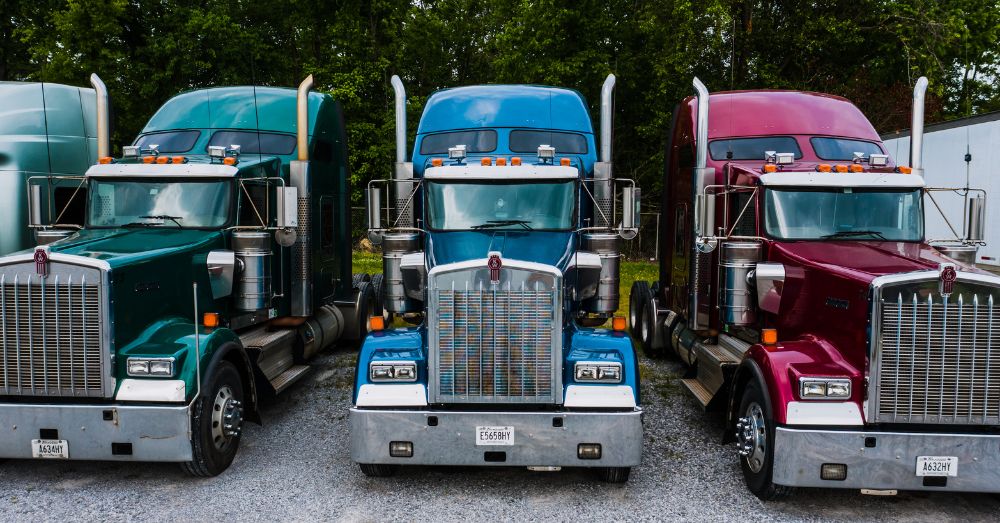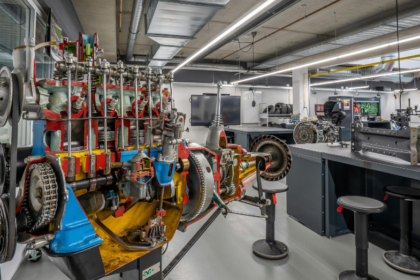With the rise of electric and hybrid vehicles, you might think diesel engines are a thing of the past. However, diesel technology remains a key player in the modern automotive industry. Diesel engines offer distinct advantages that continue to make them a relevant option for drivers, especially in specific sectors like transportation and heavy-duty vehicles.
Here’s why diesel engines are still holding their ground.
Efficiency and Fuel Economy
One of the primary reasons diesel engines have endured is their superior fuel efficiency compared to gasoline engines. Diesel fuel contains more energy per gallon, meaning diesel engines can travel further on less fuel. This efficiency is particularly valuable for long-haul trucks, commercial vehicles, and drivers who cover long distances regularly. While electric vehicles are making strides in efficiency, diesel still holds the upper hand in terms of range and cost-effectiveness, especially in areas where charging infrastructure is limited.
Diesel engines are also known for their ability to maintain high efficiency even under heavy loads, making them ideal for towing and carrying large cargo. This reliability in delivering power while saving fuel makes diesel engines a go-to choice for industries like agriculture, shipping, and construction.
Durability and Longevity
Diesel engines are built to last, often running for hundreds of thousands of miles with proper maintenance. This longevity is due to the engine’s careful design, which can handle high compression and stress levels that would wear out gasoline engines much faster. The strong construction of diesel engines allows them to operate at lower RPMs, reducing wear and tear over time.
For industries that rely on heavy machinery, tractors, or large trucks, the long lifespan of diesel engines translates to lower long-term costs and fewer replacements, which is why many commercial fleets and industrial operations still depend heavily on diesel-powered vehicles.
Power and Performance
When it comes to torque (the force that helps a vehicle move from a stop or hauls heavy loads), diesel engines outperform their gasoline counterparts. This is why you often see diesel engines in trucks, buses, and heavy-duty equipment. The higher torque at lower RPMs means diesel engines provide better pulling power and acceleration under load, making them ideal for towing trailers, hauling equipment, or handling steep terrain.
Even with the growing popularity of electric trucks, diesel-powered vehicles are still favored in situations where power and endurance are critical and where the infrastructure for electric vehicle charging might not be available or practical.
Clean Diesel Technology
Advancements in clean diesel technology have addressed many of the environmental concerns associated with diesel engines. Modern diesel vehicles are now equipped with advanced emissions control systems, including particulate filters and selective catalytic reduction, which reduce harmful pollutants like nitrogen oxides (NOx) and particulate matter. While not as emissions-free as electric vehicles, clean diesel technology ensures that today’s diesel engines are much cleaner than their predecessors.
The Staying Power of Diesel
Diesel engines may not be the future of the entire automotive industry, but their unique advantages keep them relevant, especially in sectors that demand efficiency, power, and longevity. Whether it’s for long-haul trucking, heavy-duty construction, or agricultural work, diesel engines continue to play an essential role. As clean diesel technology continues to improve, diesel engines will likely remain relevant in the transportation industry.




